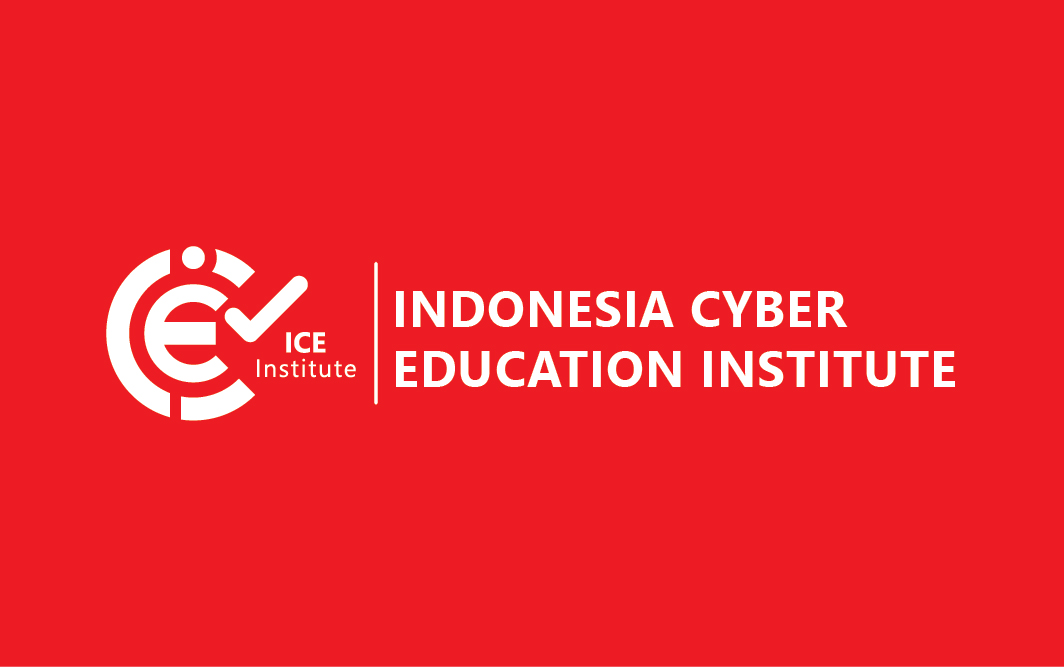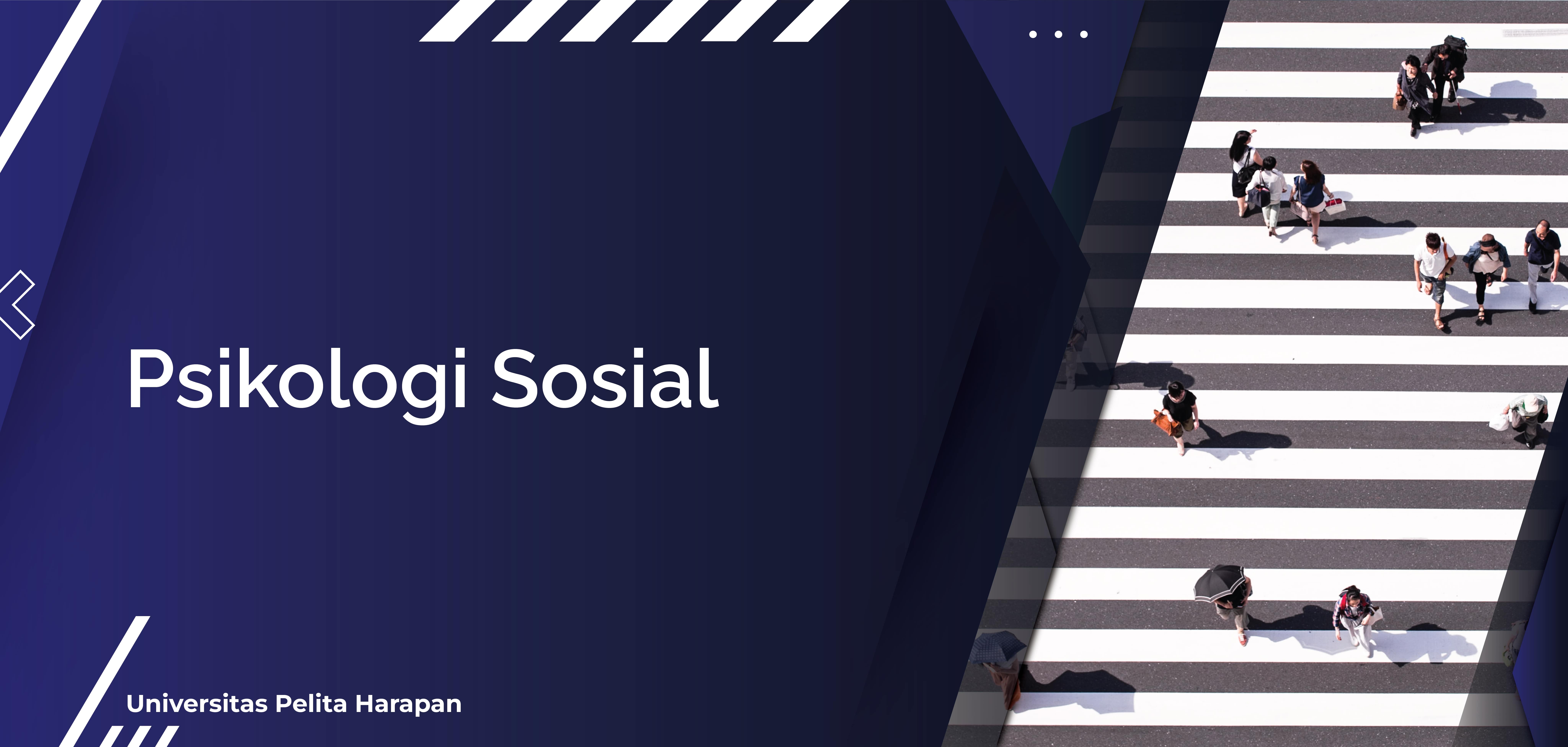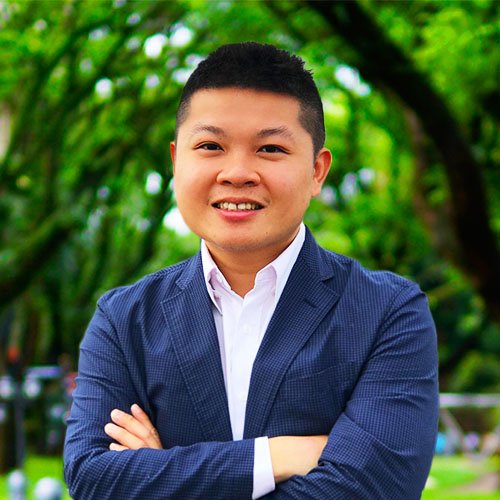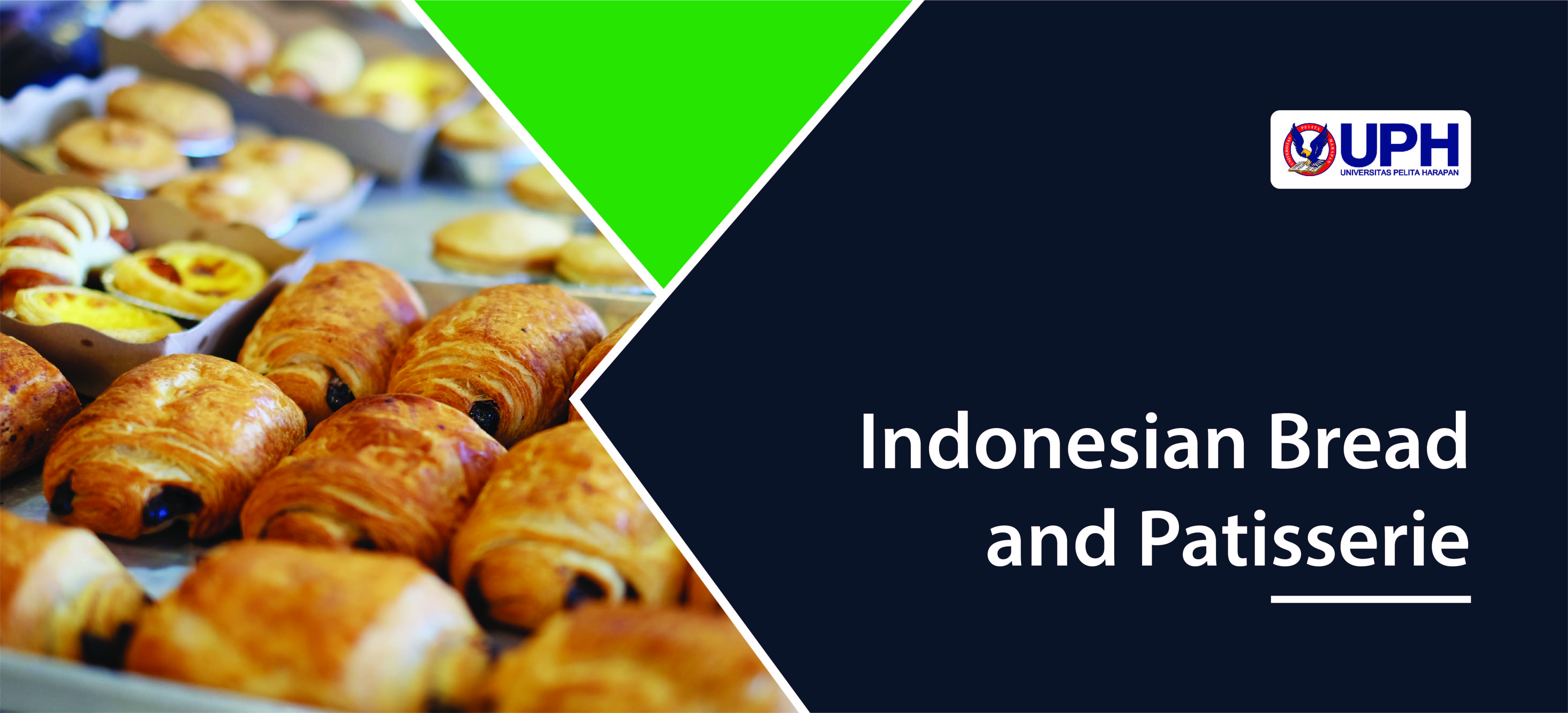
Deskripsi Kelas:
Mata kuliah ini dirancang untuk memperkenalkan berbagai teori, model, serta konsep dalam psikologi sosial, menggunakan berbagai metode ilmiah dalam mengeksplorasi fenomena sosial, serta mengaitkannya dengan iman.
Bobot : 3 SKS
Capaian Pembelajaran:
-
Mahasiswa mampu menguasai teori dan pandangan umum dalam berbagai tema psikologi sosial dengan akurat (P1, KU3).
-
Mahasiswa mampu merumuskan solusi permasalahan berdasarkan teori dasar psikologi dalam menjelaskan berbagai dinamika sosial dengan sesuai (KK3).
-
Mahasiswa dapat menunjukkan sikap responsif dan sensitif terhadap keanekaragaman sosial dengan mendidik masyarakat awam secara tepat melalui berbagai media mengenai sebab serta alternatif solusi atas berbagai gejala umum psikologi sosial menurut teori yang dipelajari (S9).
Silabus:
Modul 1: Introduction
-
Scope, Focus, And Main Approaches In Social Psychology
Modul 2: Social Thinking
-
Self In A Social World
-
Social Belief And Judgement
-
Behavior And Attitude
Modul 3: Social Influence
-
Genes, Cultures, And Gender
-
Conformity And Obedience
-
Persuasion
Modul 4: Social Relation
-
Prejudice
-
Aggression
-
Attraction & Intimacy
-
Helping
-
Conflict And Peacemaking
Dosen Pengampu:
Karel Karsten Himawan, M.Psi., Ph.D., Clinical Psychologist
DEPARTMENT CHAIR OF PSYCHOLOGY
Email : [email protected]
Karel Karsten Himawan, M.Psi., Ph.D. is a Lecturer of Psychology Study Program. He teaches Social Psychology, Ethical Codes of Psychology, and Abnormal Psychology courses. His areas of interest include issues related to singleness, romantic relationship, gender roles, spirituality and religiosity, and well-being in the cultural context. He earned his Bachelor’s Degree in Psychology from Universitas Pelita Harapan, Master of Psychology in Adult Clinical Psychology from Universitas Tarumanagara, and Doctor of Philosophy in Social-clinical Psychology Field from The University of Queensland in Australia. He is also a licensed Clinical Psychologist (Ikatan Psikolog Klinis, HIMPSI), and has a professional practice with a focus in handling cases related to romantic relationship, marriage, and family, as well as life adjustment issues in young adults.
Referensi Utama:
o Myers, D. & Twenge, J. (2019). Social Psychology (13th ed). McGraw Hill.
Referensi Pendukung:
o Blackwell, D., Leaman, C., Tramposch, R., Osborne, C., & Liss, M. (2017). Extraversion, neuroticism, attachment style and fear of missing out as predictors of social media use and addiction. Personality and individual differences, 116, 69-72. doi:10.1016/j.paid.2017.04.039
o Boxer, C. F., Noonan, M. C., & Whelan, C. B. (2015). Measuring Mate Preferences: A Replication and Extension. Journal of Family Issues, 36(2), 163–187. https://doi.org/10.1177/0192513X13490404
o Chang, L., Wang, Y., Shackelford, T. K., & Buss, D. M. (2011). Chinese mate preferences: Cultural evolution and continuity across a quarter of a century. Personality and individual differences, 50, 678-683. doi: 10.1016/j.paid.2010.12.016
o Geniole, S. N., Keyes, A. E., Carré, J. M., & McCormick, C. M. (2014). Fearless dominance mediates the relationship between the facial width-to-height ratio and willingness to cheat. Personality and individual differences, 57, 59-64. doi: 10.1016/j.paid.2013.09.023
o Glatz, T., Stattin, H., & Kerr, M. (2012). A Test of Cognitive Dissonance Theory to Explain Parents' Reactions to Youths' Alcohol Intoxication. Family Relations, 61(4), 629-641.
o Griffiths, M. D., Kuss, D. J., & Demetrovics, Z. (2014). Social networking addiction: An overview of preliminary findings. Behavioral addictions, 119-141. doi: 10.1016/B978-0-12-407724-9.00006-9
o Himawan, K. K. (2021). Menikah sebagai norma: Mengeksplorasi dampak menikah bagi kesehatan mental pada masyarakat Indonesia [Marriage as a norm: Exploring the impact of marriage to individual mental health of Indonesian adults]. In M. D. Lestari & K. K. Himawan (Eds). Kesehatan mental perspektif Indonesia (pp. 1-16). Rajawali Pers.
o Himawan, K. K., Underwood, M., Bambling, M., & Edirippulige, S. (2021). Being single when marriage is the norm: Internet use and the well-being of never-married adults in Indonesia. Current Psychology (advanced online publication). DOI: 10.1007/s12144-021-01367-6
o Himawan, K. K. (2020). The single’s struggle: Understanding involuntary singleness through gender and religious perspectives. The Family Journal: Counseling and Therapy for Couples and Families, 28(4), 379-389. DOI: 10.1177/1066480720950419
o Himawan, K. K. (2020). Singleness, sex, and spirituality: How religion affects the experience of being single in Indonesia. Mental Health, Culture, and Religion, 23(2), 204-215. DOI: 10.1080/13674676.2020.1767555
o Himawan, K. K. (2020). Menikah adalah ibadah: Peran agama dalam mengkonstruksi pengalaman melajang di Indonesia. Jurnal Studi Pemuda, 9(2), 120-135. DOI: 10.22146/studipemudaugm.56548
o Himawan, K. K., Bambling, M., & Edirippulige, S. (2019). Modernization and singlehood: Psychological and social impacts. Kasetsart Journal of Social Sciences, 40, 499-506. DOI: 10.1016/j.kjss.2017.09.008
o Himawan, K. K. (2019). Either I do or I must: An exploration of the marriage attitudes of Indonesian singles. The Social Science Journal, 56(2), 220-227. DOI: 10.1016/j.soscij.2018.07.007
o Mackinnon, S. P., Battista, S. R., Sherry, S. B., & Stewart, S. H. (2014). Perfectionistic self-presentation predicts social anxiety using daily diary methods. Personality and Individual Differences, 56, 143-148. doi: 10.1016/j.paid.2013.08.038
o Myers, D. G. (2016). A social psychology of the internet. International Forum of Teaching and Studies, 12(1), 3-9,68.
o Nadkarni, A. & Hoffman, S. G. (2012). Why do people use Facebook? Personality and Individual Differences, 52, 243-249. doi:10.1016/j.paid.2011.11.007
o Omar Yousaf & Fernand Gobet (2013) The Emotional and Attitudinal Consequences of Religious Hypocrisy: Experimental Evidence Using a Cognitive Dissonance Paradigm. The Journal of Social Psychology, 153(6), 667-686, doi: 10.1080/00224545.2013.814620
o Poulsen, F. O., Holman, T. B., Busby, D. M., & Carroll, J. S. (2013). Physical attraction, attachment styles, and dating development. Journal of Social and Personal Relationships, 30(3), 301–319. https://doi.org/10.1177/0265407512456673
o Ratliff, K. A., & Oishi, S. (2013). “Gender differences in implicit self-esteem following a romantic partner’s success or failure”: Correction to Ratliff and Oishi (2013). Journal of Personality and Social Psychology, 105(5), 889. doi:10.1037/a0034624
o Redondo, I., & Charron, J-P. (2013). The payment dilemma in movie and music downloads: An explanation through cognitive dissonance theory. Computers in Human Behavior, 29,2037-2046. doi: 10.1016/j.chb.2013.04.015
o Seidman, G. (2013). Self-presentation and belonging on Facebook: How personality influences social media use and motivations. Personality and Individual Differences, 54, 402-407. doi: 10.1016/j.paid.2012.10.009
o Steckenreuter, A., & Wolf, I. D. (2013). How to use persuasive communication to encourage visitors to pay park user fees. Tourism Management, 37, 58-70. doi: 10.1016/j.tourman.2013.01.010
o Tang, J-H., Chen, M-C., Yang, C-Y., Chung, T-Y., & Lee, Y-A. (2016). Personality traits, interpersonal relationships, online social support, and Facbook addiction. Telematics and Informatics, 33, 102-108. doi: 10.1016/j.tele.2015.06.003
o Welling, L. L. M., Persola, L. Wheatley, J. R., Cárdenas, R. A., & Puts, D. A. (2013). Competition and men’s face preferences. Personality and Individual Differences, 54, 414-419. doi: 10.1016/j.paid.2012.10.014
o Yang, S., Stewart, R., Kim, J., Kim S, Shin, I, Dewey, M., Maskey, S., & Yoon, J. (2013). Differences in predictors of traditional and cyber-bullying: a 2-year longitudinal study in Korean school children. Eur Child Adolesc Psychiatry 22, 309–318.





